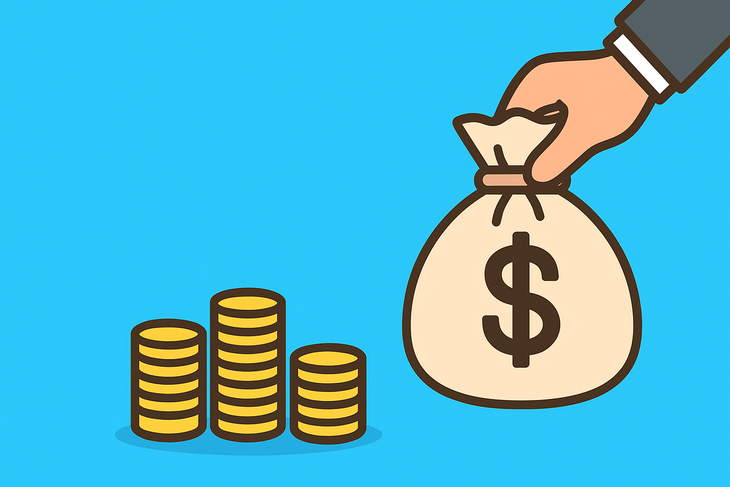
Investors believe that, with the new proposal from the Ministry of Finance , they will have to pay taxes in advance while the benefits have not yet been received and implemented - Photo: AI drawing
According to the draft of the Ministry of Finance, enterprises will deduct personal income tax at source immediately upon issuing bonus shares or stock dividends, instead of waiting until the time the shareholder transfers.
Many conflicting opinions about new proposal on dividend tax
The new proposal has many investors wondering because when they receive the shares, they do not have actual cash flow. The price of the shares after the split is often adjusted down accordingly, so they think that their net asset value has not really increased, but they still have to pay taxes immediately.
Some readers even asked: "The company pays dividends from after-tax profits, which means the company has already paid corporate income tax. Shareholders are the owners of the company, so why do they have to pay additional personal income tax?"
Another opinion also said: "Although it is called receiving dividends, total assets do not increase and are taxed. When the shares are distributed, the price is adjusted to decrease accordingly, only adding more trouble with custody and tax obligations."
Some investors even angrily proposed that dividends should no longer be paid in shares, because in addition to not changing the real value of the enterprise, shareholders also incur unnecessary custody costs and tax obligations.
Speaking with Tuoi Tre Online, Mr. Nguyen An Huy, senior personal finance advisor at FIDT, said that imposing personal income tax immediately upon receiving stock dividends is a legitimate effort to plug the tax loophole that has existed for many years.
However, he said this policy lacks practicality, because taxing an amount of "income" that the recipient does not have real cash flow will easily create pressure to sell off in the market, especially for small investors.
“Currently, the Government is still trying to attract personal capital into the stock market - in the context that the rate of people participating in this channel is still very low compared to real estate. If we impose taxes immediately upon receiving dividends in stocks, investors' concerns may increase,” Mr. Huy commented.
He emphasized that the principle of income tax is to only tax on realized income.
If it is still necessary to implement, the State should consider solutions such as paying taxes in installments, applying a tax exemption threshold or only collecting when a transfer transaction occurs, to avoid turning an anti-loss policy into a barrier to capital market development.
In addition, FIDT experts proposed a solution that has been applied in many countries, which is that when businesses pay dividends in shares, they will add a small amount of cash, enough to deduct taxes on behalf of shareholders.
“For example, if 100 shares are distributed along with VND50,000 in cash, the enterprise can directly deduct 5% from this cash to pay taxes. This method still ensures the principle of tax collection at the time of benefit generation, but does not put financial pressure on investors, nor does it push tax obligations down to individual investors,” he analyzed.
According to Mr. Huy, more importantly, this solution is technically feasible, easy to implement, has international precedent and is suitable for Vietnam's current management capacity.
If you decide to collect, when is the right time to collect?
Meanwhile, Mr. Phan Phuong Nam - Deputy Head of the Commercial Law Department of Ho Chi Minh City University of Law, said that in principle, tax collection at the time an individual receives dividends is reasonable, because the time when tax liability arises is when the individual receives the benefit.
However, the practical problem is that this benefit cannot be immediately converted into cash, while tax obligations require payment in cash.
One thing to note is that when individuals receive dividends in the form of stocks, these stocks are often not registered for additional listing and cannot be traded immediately. This means that even if investors want to sell stocks to pay taxes, they cannot do so, according to Mr. Nam.
Therefore, requiring tax payment immediately when assets are not yet liquid is unreasonable and creates unnecessary pressure on taxpayers.
To balance the interests of the state and taxpayers, Mr. Nam proposed that the most appropriate time to calculate and collect taxes is when the shares are additionally listed and officially traded on the market, specifically the first trading day.
On the first trading day, stockholders have full control over their assets. They can sell their shares to pay taxes if necessary.
In addition, calculating tax based on the closing price on the first trading day will closely reflect the actual value of shares on the market. This is an objective and reasonable basis, avoiding calculating tax based on theoretical prices, which may deviate from the actual trading price.
Source: https://tuoitre.vn/thu-thue-ngay-khi-nhan-co-tuc-bang-co-phieu-chua-cam-tien-da-lo-nop-thue-20250701102729031.htm







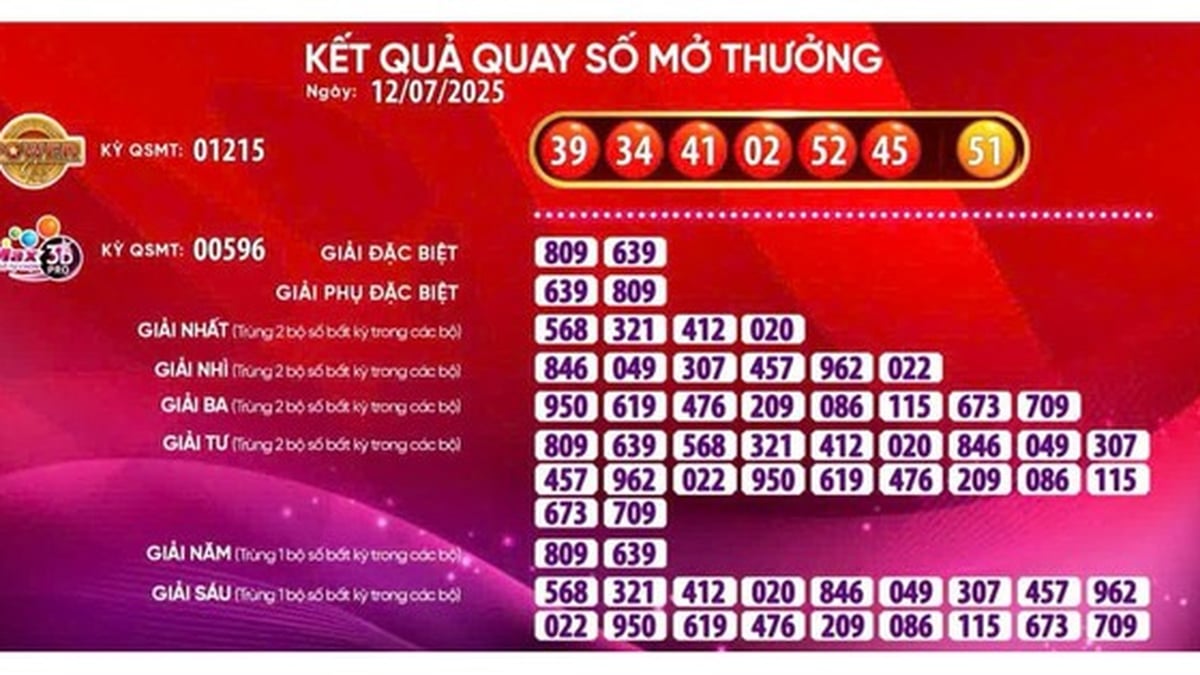

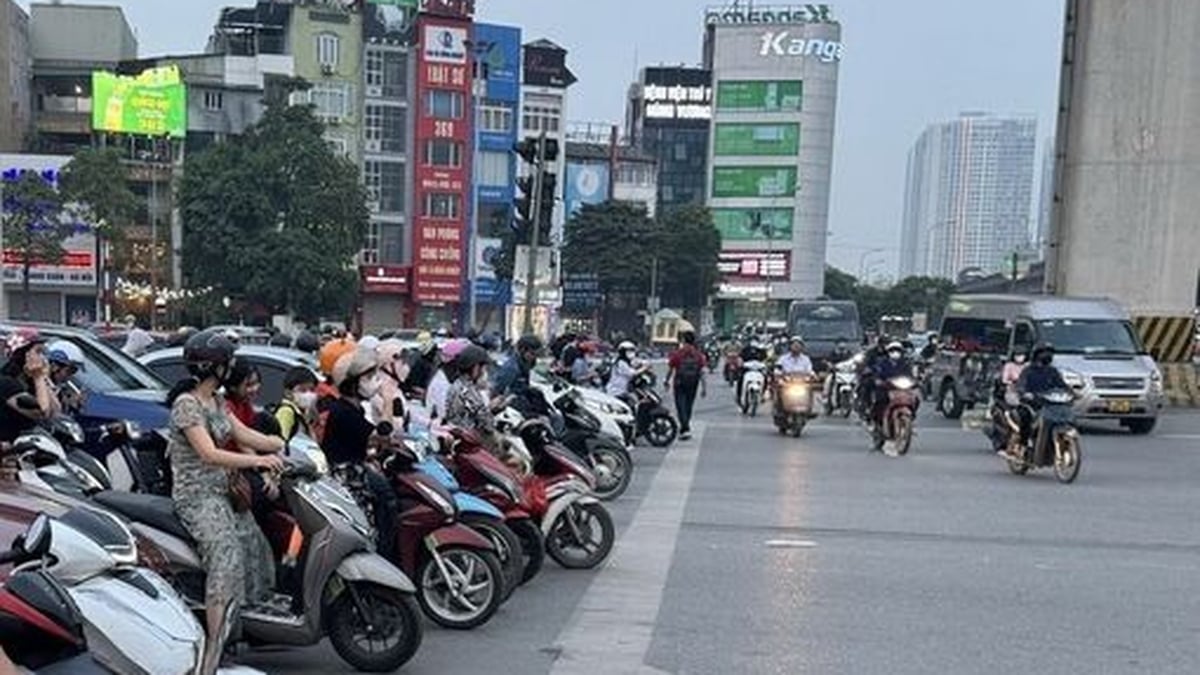
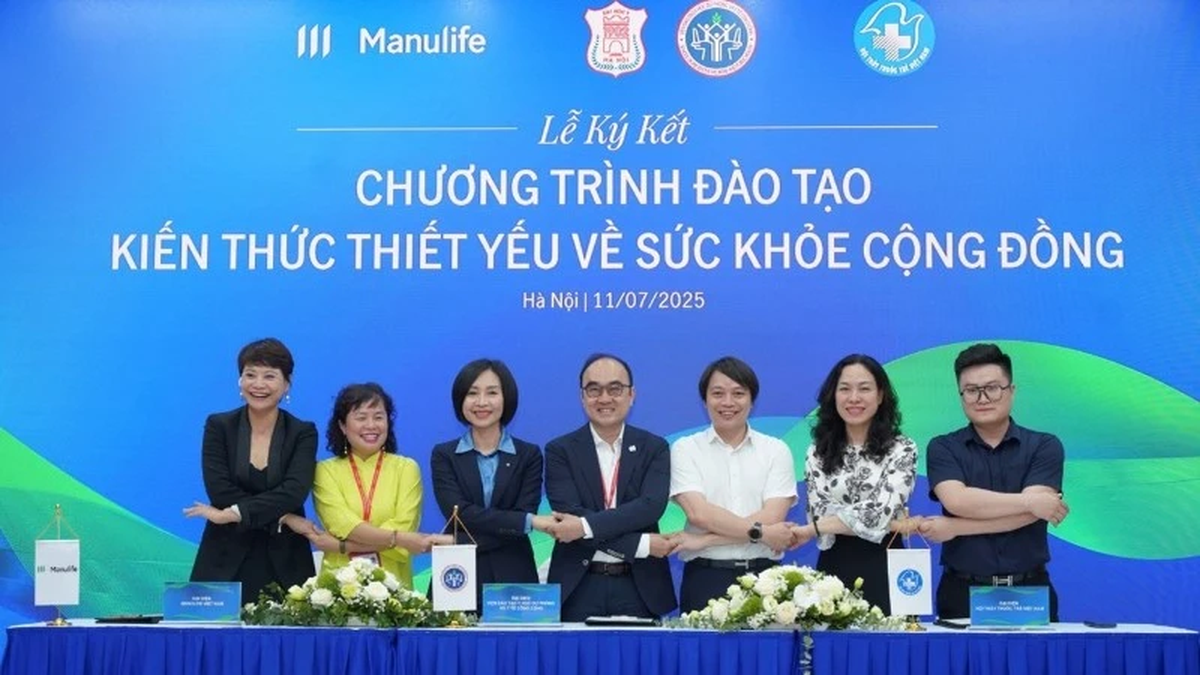



















































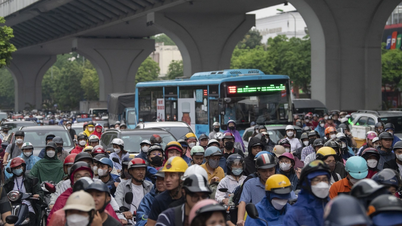

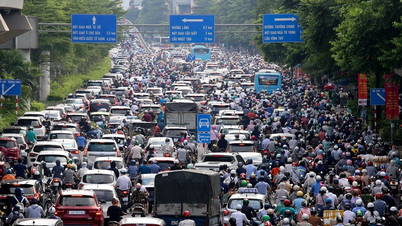
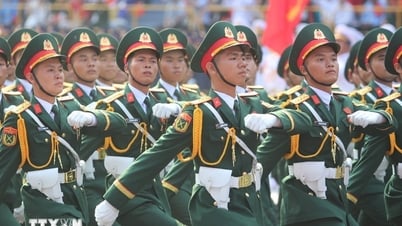






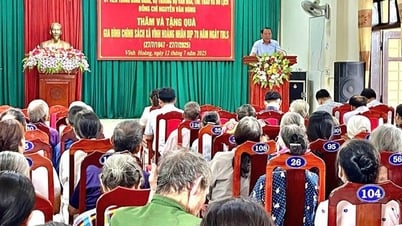

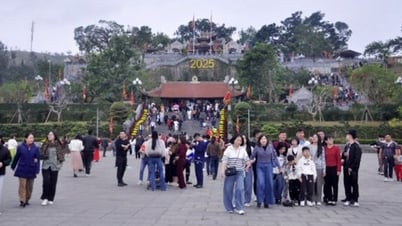
























Comment (0)